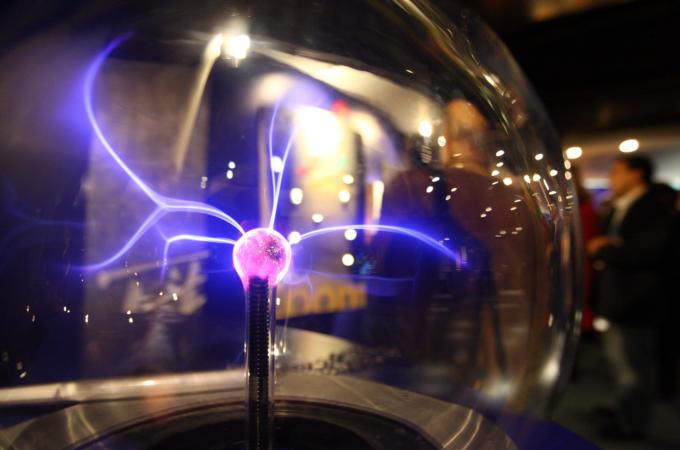Possible error mars neutrino breakthrough
Physicists in Italy say faulty equipment may have led to miscalculations in timing faster-than-light particles.

 |
| The CERN research centre in Geneva relayed the new findings from an Italian group of neutrino experts [GALLO/GETTY] |
Neutrinos which appeared to have undermined a basic law of the universe by exceeding the speed of light might have done so even faster than first thought, or might not have done it at all, according to physicists in Italy.
Neutrinos are invisible sub-atomic particles that pervade the universe but pass unhindered through matter.
The scientists at the Gran Sasso laboratory said on Thursday that tests on the equipment used in their experiment had led to two question marks over its sensational results, because of problems with possibly faulty cabling and separately with a timing mechanism.
The first “could have led to an underestimate of the time of flight of the neutrinos” while the second could have resulted in “an overestimate”, said the statement by the Italian laboratory’s OPERA group of neutrino specialists, relayed by the CERN particle physics research centre in Geneva, Switzerland.
The latest turn in the story, which set the scientific world in uproar when it first broke last September, left the basic question – did they or didn’t they? – unanswered, with more tests set for the coming weeks and months.
Speaking to Al Jazeera from Oxford, UK, on Thursday, physicist Alfons Weber said the potential miscalculation was much more than simply a “loose connection”.
“Something like this [faulty wiring] would have been discovered before. It could be a much more complicated effect that produces some subtle effects which [weren’t] foreseen,” he said.
Experimental result
In an interview with the Reuters news agency, Rolf Heuer, CERN’s director-general, said the lack of certainty was normal.
Neutrinos are pumped underground to Italy from the centre.
“Last September, the OPERA researchers said clearly the reading of the speed was an experimental result that had to be cross-checked,” Heuer said.
“They have continued to check and check and check, and now they have found these two possible effects, one going in one direction and the other going in another.
“This is how science should be done.”
Weber agreed, describing Thursday’s statement as “part of the scientific endeavour”.
“That’s how science works: you check all you can think of and then, if you get an unexpected result, you publish it. Of course, you have to keep looking for the unexpected,” he told Al Jazeera.
Most scientists had been sceptical about the original measurements, which flew in the face of Albert Einstein’s 1905 Special Theory of Relativity which asserts that nothing in the universe can travel faster than light and underpins much of modern physics and cosmology.
The international team in Gran Sasso said they had run many tests over three years before going public with the finding. A second experiment last autumn came up with the same result.
Other teams in the US and Japan working on neutrinos are preparing similar tests.